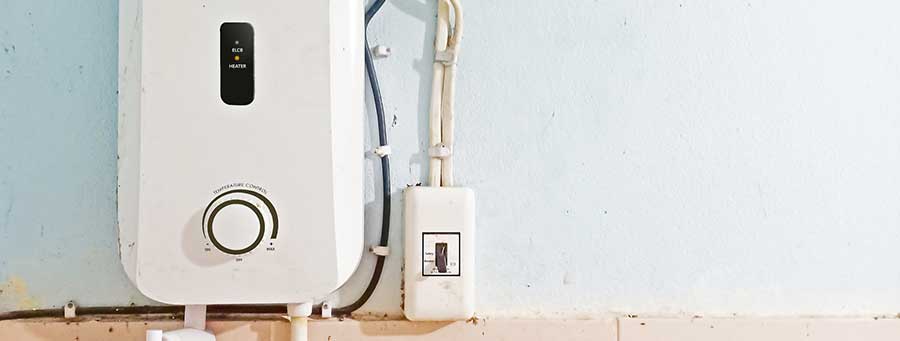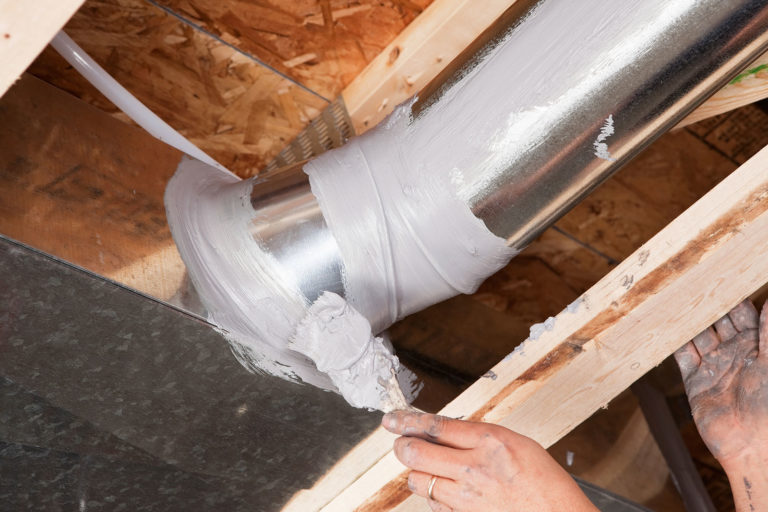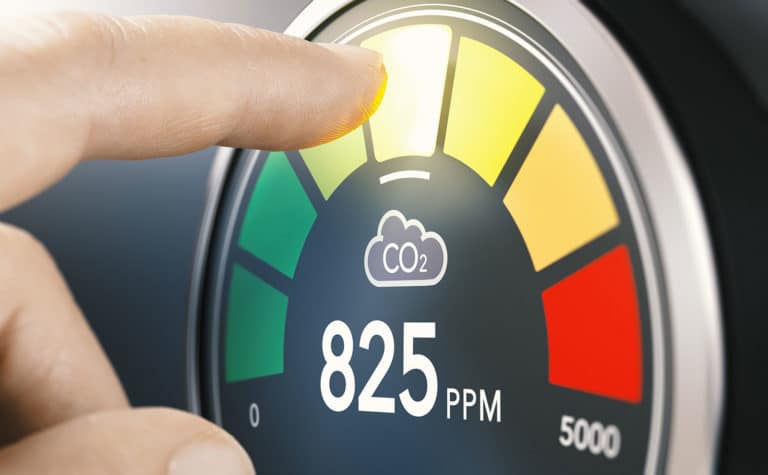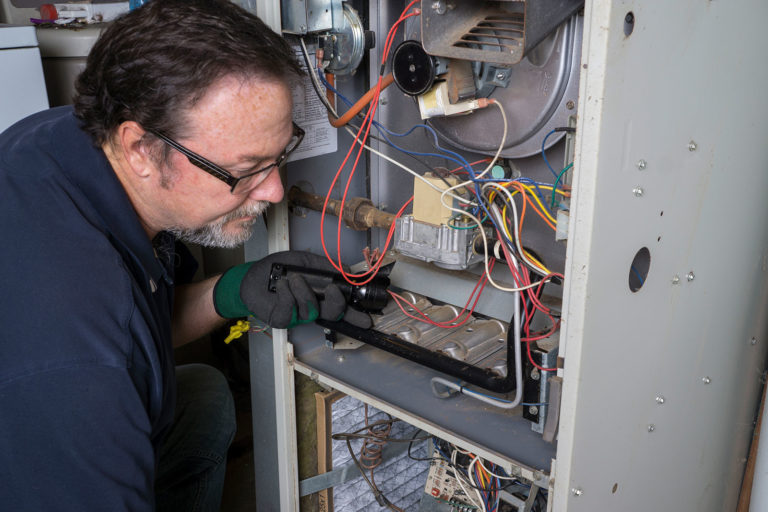What Is a Tankless Water Heater?

What Is a Tankless Water Heater and How Does it Work?
Have you been looking for a new water heater? If so, you might have heard the term “tankless water heater.” But what exactly is a tankless water heater and how does it work? And, how do you know if a traditional water heater or a tankless water heater is right for you?
We are going to describe what a tankless water heater is, how it works, as well as some of the pros and cons of a tankless water heater.
What Is a Tankless Water Heater?
A traditional water heater uses a storage tank to retain hot water that’s ready to use when you need it. A tankless water heater does not have a storage tank and is considered an on-demand hot water delivery system. A tankless water heater provides hot water on an as-needed basis rather than storing it in a tank until it’s needed.
Since a tankless water heater doesn’t have to continually heat a tank full of water 24/7, it won’t cause any energy loss because it’s only used as needed. Therefore, the use of a tankless water will help you save money on your energy bill each month.
How Does a Tankless Water Heater Work?
When the hot tap from your sinks, showers, or washing machine is turned on, cold water will move through the pipes and pass through the tankless water heater unit. Then, either a gas or an electric heating element will heat the water and deliver it to the source. This provides an endless supply of hot water that can be used at any given time without the need to store it in a water tank.
The Pros and Cons of a Tankless Water Heater
Just like anything else, there are pros and cons of a tankless water heater as well.
Pros:
- Water on demand versus heating a tank full of water 24/7 will provide you with long-term savings on your energy bill by only heating water as needed. According to the US Department of Energy, tankless water heaters are 8% to 50% more energy-efficient than a traditional water heater.
- You will have an unlimited supply of hot water at all times.
- You won’t have to store a water heater tank or worry about a water heater tank leaking.
- There will be a zero risk of a water heater tank exploding (which is always a possibility with a traditional water heater).
- A tankless water heater has a life expectancy of more than 20 years. A traditional water heater will only last between 8-12 years.
Cons:
- A tankless water heater has a high upfront cost and costs more to install as well.
- Tankless water heaters take a bit longer to deliver hot water depending on how far the water has to travel.
- You might experience inconsistent water temperatures when multiple hot water sources are being used at the same time.
- You might not be able to draw lukewarm water because of the way a tankless water heater is designed to work.
- You won’t have access to hot water during a power outage. With a traditional water heater, you will have a tank full of hot water to draw from depending on how long the power has been out.
What’s Next?
If you need to replace your current water heater or just have a few questions first, please Contact Us today. A/C Warehouse—A/C, Heating, Plumbing, will go over your options with you and help you decide whether a traditional water heater or a tankless water heater is best for your particular situation.







